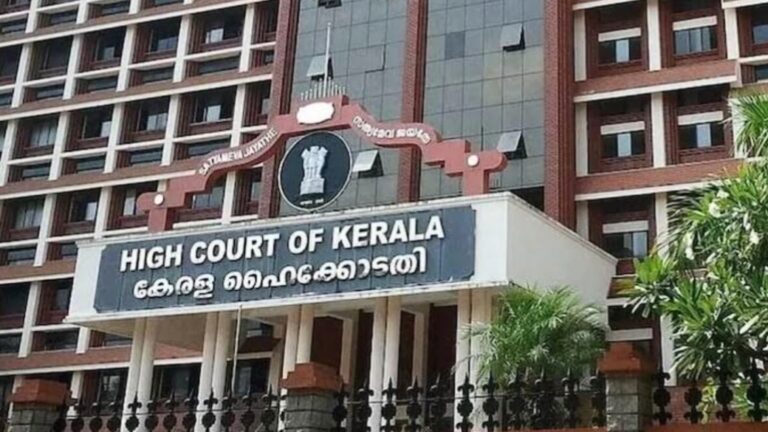As per the court’s verdict, the initial seizure of cash by the GST department was unauthorized and illegal. The continued retention of the cash by the GST department and its handover to the Income Tax Department did not legitimize the act.
In a significant ruling, the Kerala High Court has declared that cash seized by the GST department and subsequently handed over to the Income Tax Department cannot be retained before the finalization of respective legal proceedings. This decision came in the case of Centre C Edtech Private Limited Vs. Intelligence Officer (WA NO. 1934 OF 2024), ruled on January 27, 2025.
Key Takeaways from the Judgment
A Division Bench comprising Justices A.K. Jyasankaran Nambiar and Easwaran S. held that:
“Cash amount seized from the premises of the assessee cannot be retained either by the GST Department of the State or the Income Tax Department prior to a finalization of respective proceedings initiated by them.”
Also Read: Understanding Section 62 of the CGST Act, 2017: Assessment of Non-Filers of GST Returns
Background of the Case
The taxpayer, Centre C Edtech Private Limited, contested the seizure of cash from their premises by officers of the State GST department under proceedings initiated under Section 74 of the CGST/SGST Act. The seized cash was later handed over to the Income Tax Department following an official intimation.
The taxpayer filed a writ petition seeking the return of the seized cash, arguing that the GST department lacked the authority to confiscate cash unless it constituted part of the stock-in-trade of a dealer or service provider. However, a Single Judge directed the petitioner to approach the Income Tax Department for the cash release, leading to an appeal against the order.
Legal Findings of the Court
The petitioner argued that since the initial seizure of cash by the GST department was unlawful and beyond its jurisdiction, the subsequent transfer of the cash to the Income Tax Department under Section 132A of the Income Tax Act did not validate its continued retention.
Agreeing with the taxpayer’s contention, the court observed that:
- The initial seizure of cash by the GST department was unauthorized and illegal.
- The continued retention of the cash by the GST department and its handover to the Income Tax Department did not legitimize the act.
- Even though the Income Tax Department requisitioned the money under Section 132A of the IT Act, the court ruled that this did not justify its prolonged retention.
Final Verdict
Considering the legal standing, the Kerala High Court ruled in favor of the taxpayer, allowing their plea and directing the return of the seized cash. This judgment reinforces the principle that tax authorities must act within their prescribed jurisdiction and ensures that taxpayers’ rights are protected against unlawful actions.
Conclusion
The ruling sets a precedent in taxation law, emphasizing that regulatory authorities cannot retain seized cash without finalizing proceedings. Taxpayers and businesses can take note of this judgment to safeguard their rights against unauthorized cash confiscation. This decision ensures fair legal procedures and prevents arbitrary actions by tax authorities.
READ MORE
Delhi High Court Rules on Fee for Technical Services (FTS) Under Section 9(1)(vii) of Income Tax Act
Andhra Pradesh High Court Rules Against GST Notice Delay: Two-Day Lapse Cannot Be Condoned
